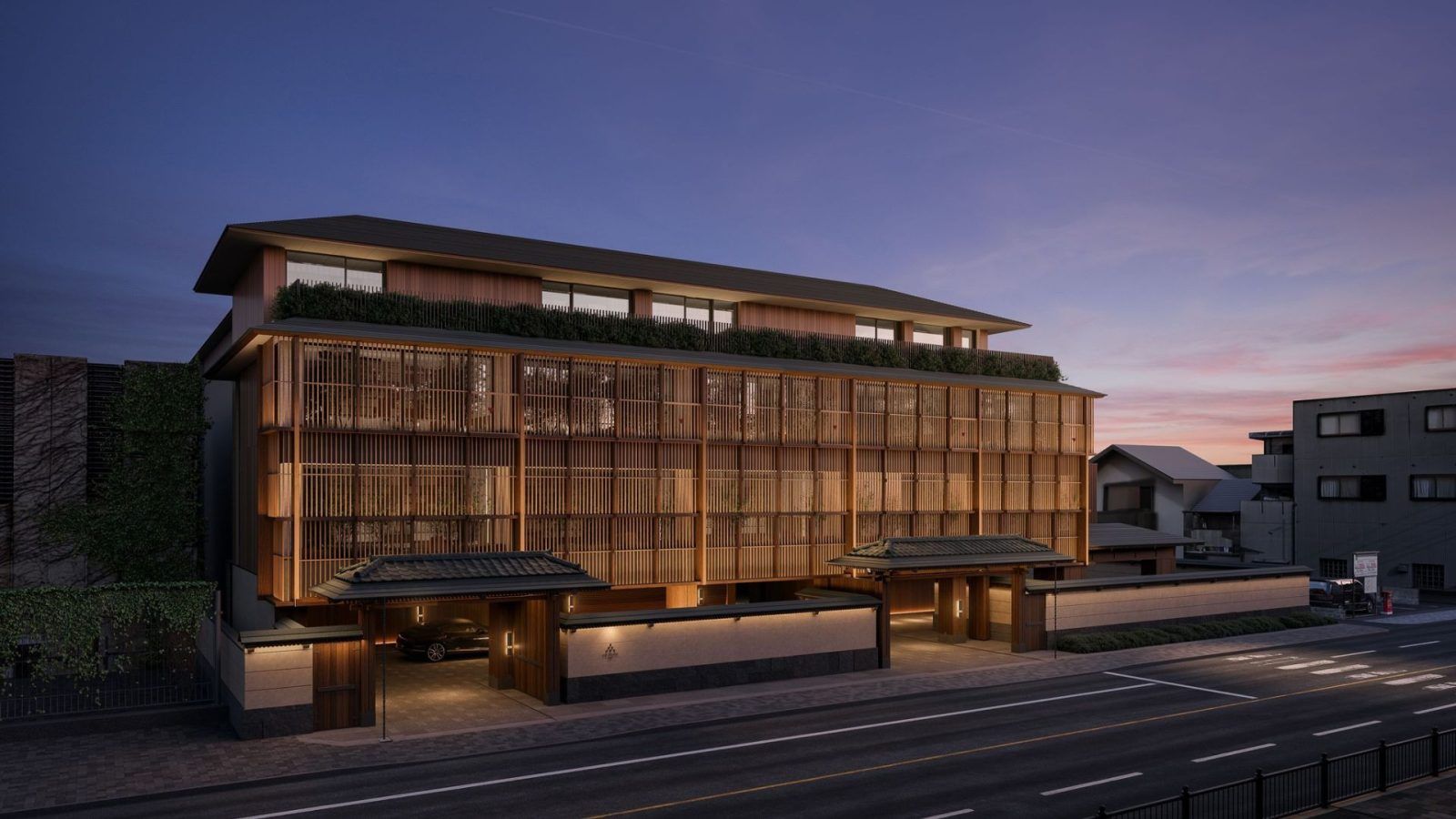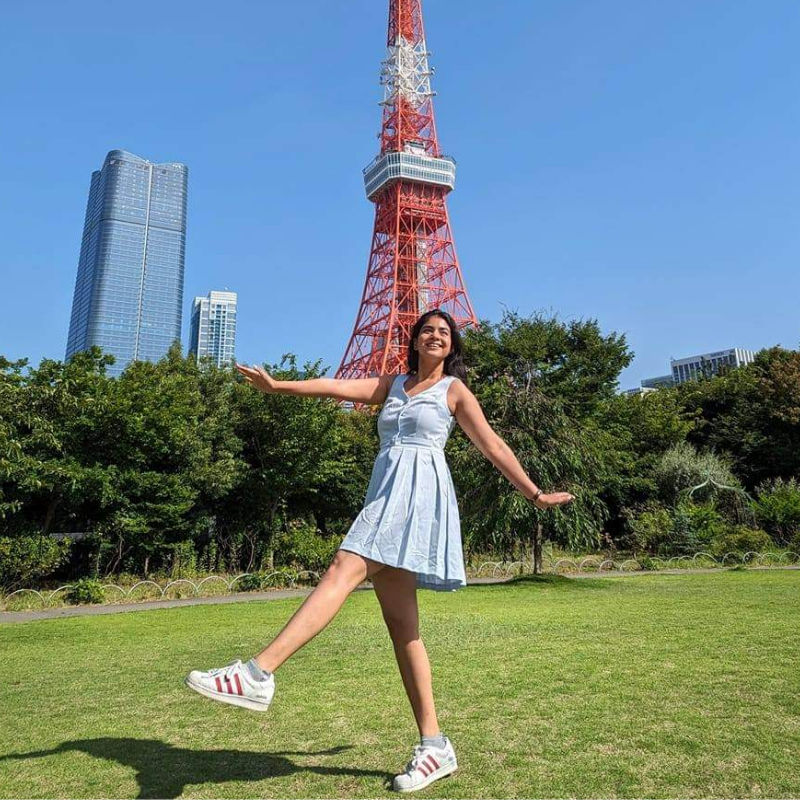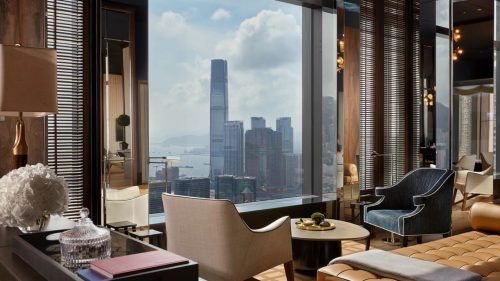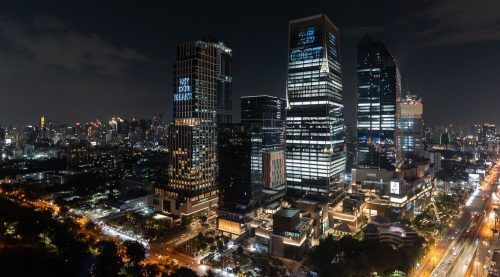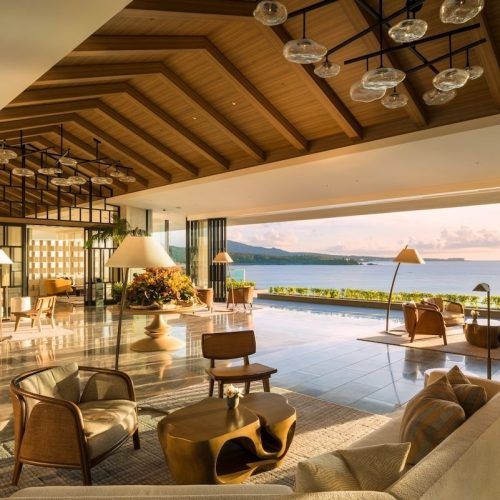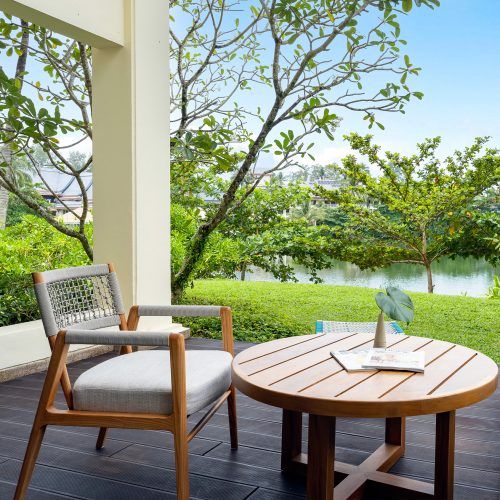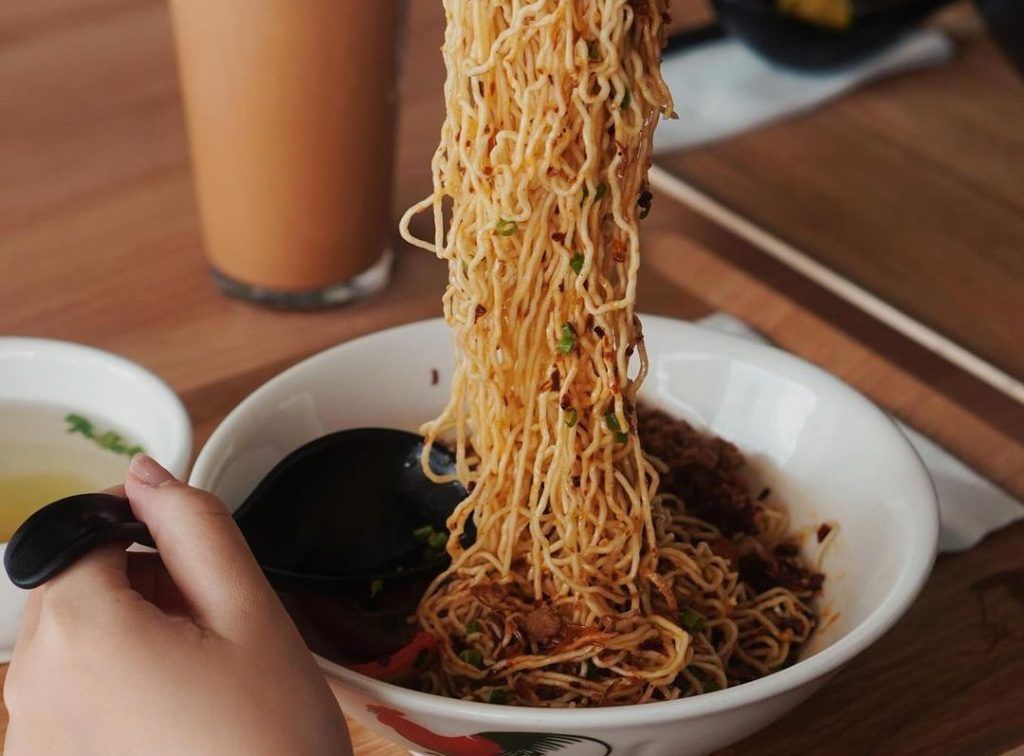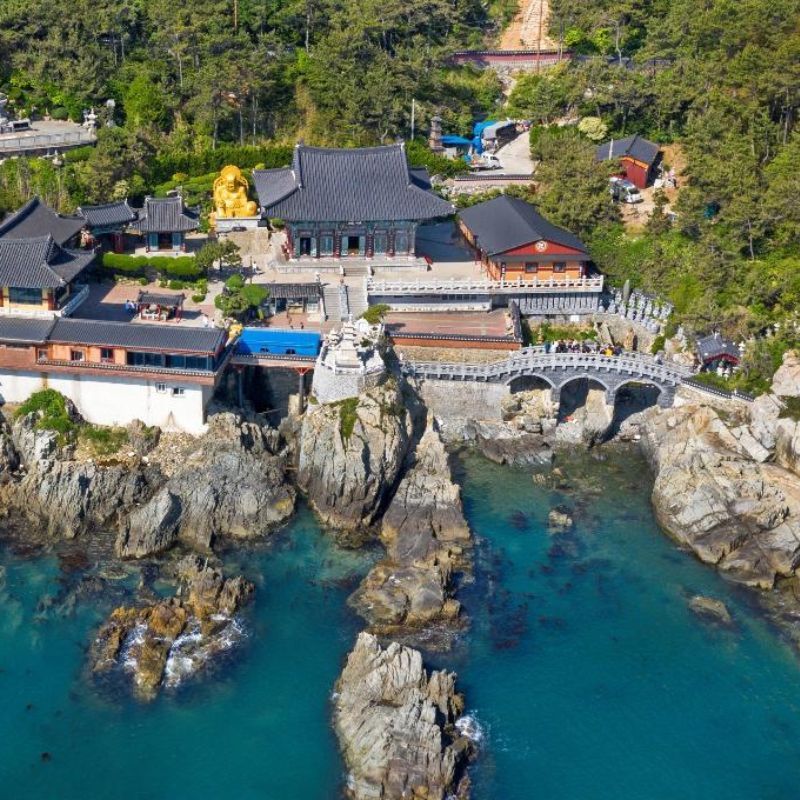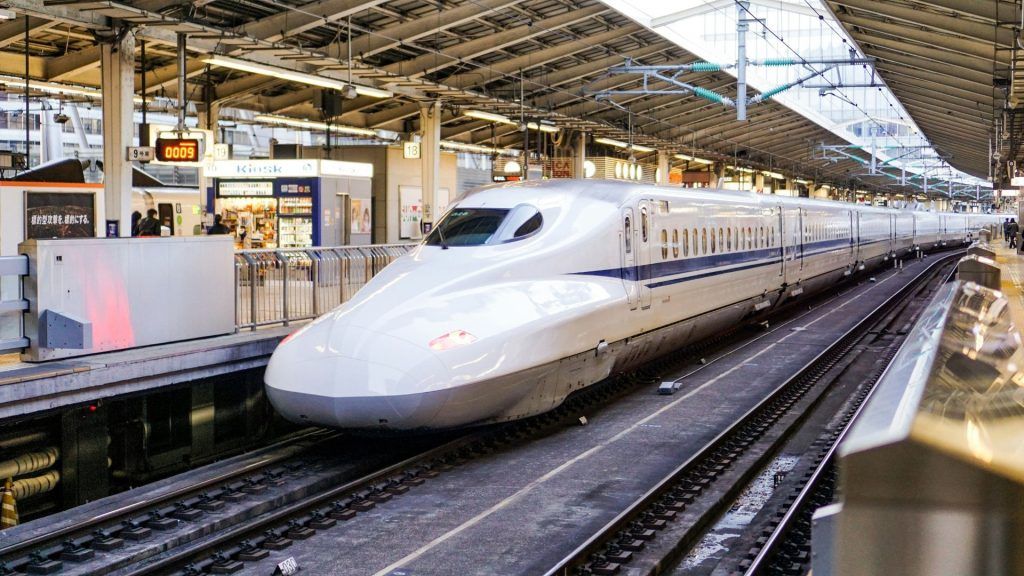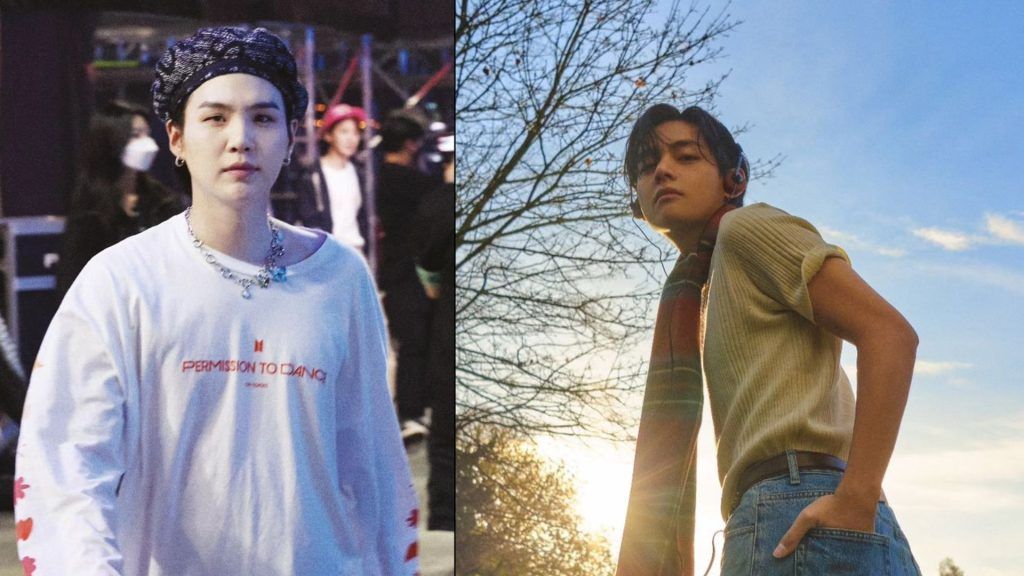You may encounter 99 problems in Japan, but finding a hotel is not one of them. With numerous types of hotels in Japan — from the traditional Japanese Ryokan to the luxury-laden high-rise ones — you can experience Japanese culture and hospitality first-hand. Read on to find out more about unforgettable stays in the Land of the Rising Sun!
Before diving into the various stay options, let us learn about the different types of hotels in Japan.
Accommodation options in Japan
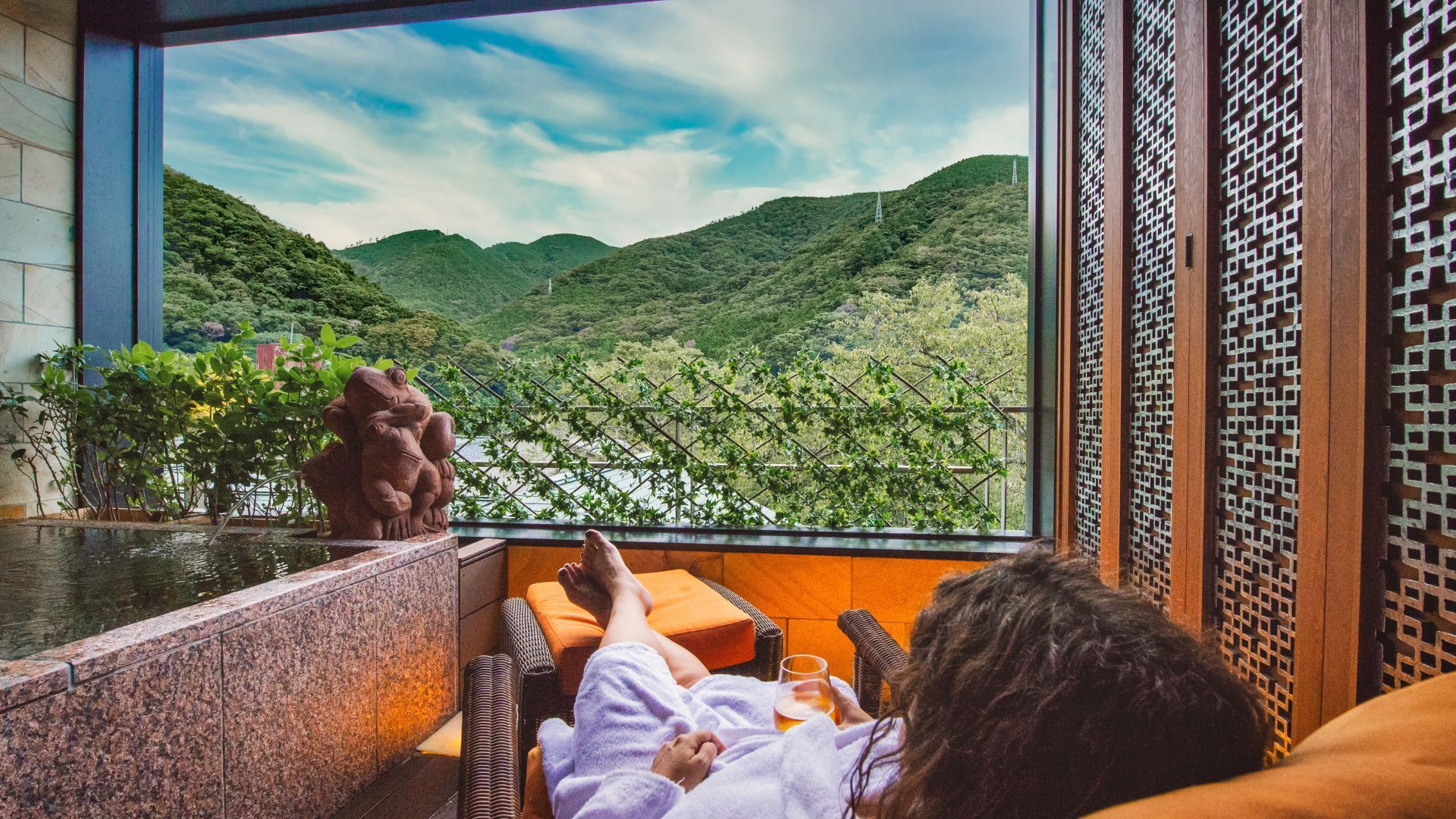
Ryokan: If you wish to experience Japanese tradition, culture, and hospitality, stay at a Ryokan. It is a traditional Japanese inn that focuses on simplicity and uses natural materials like wooden furniture, paper lanterns, and rice straw flooring. Expect communal bathing, tatami-mat rooms, low furniture, futon bedding and shoji screens in such a stay. Almost every Ryokan will provide guests with yukata robes, onsen, quality hospitality (omotenashi), cultural activities, and a minimalistic, peaceful environment.
Luxury hotels: These luxurious stays feature Japanese or Western aesthetics where you can experience Japanese culture and hospitality at its finest.
Love hotels: It’s a popular and affordable hotel option among couples. The rooms are known for whimsical themes, adult amenities, and an interesting selection of adult films. Couples usually rent them for a few hours or the whole night. All love hotels emphasise privacy, making the check-in and check-out process discreet.
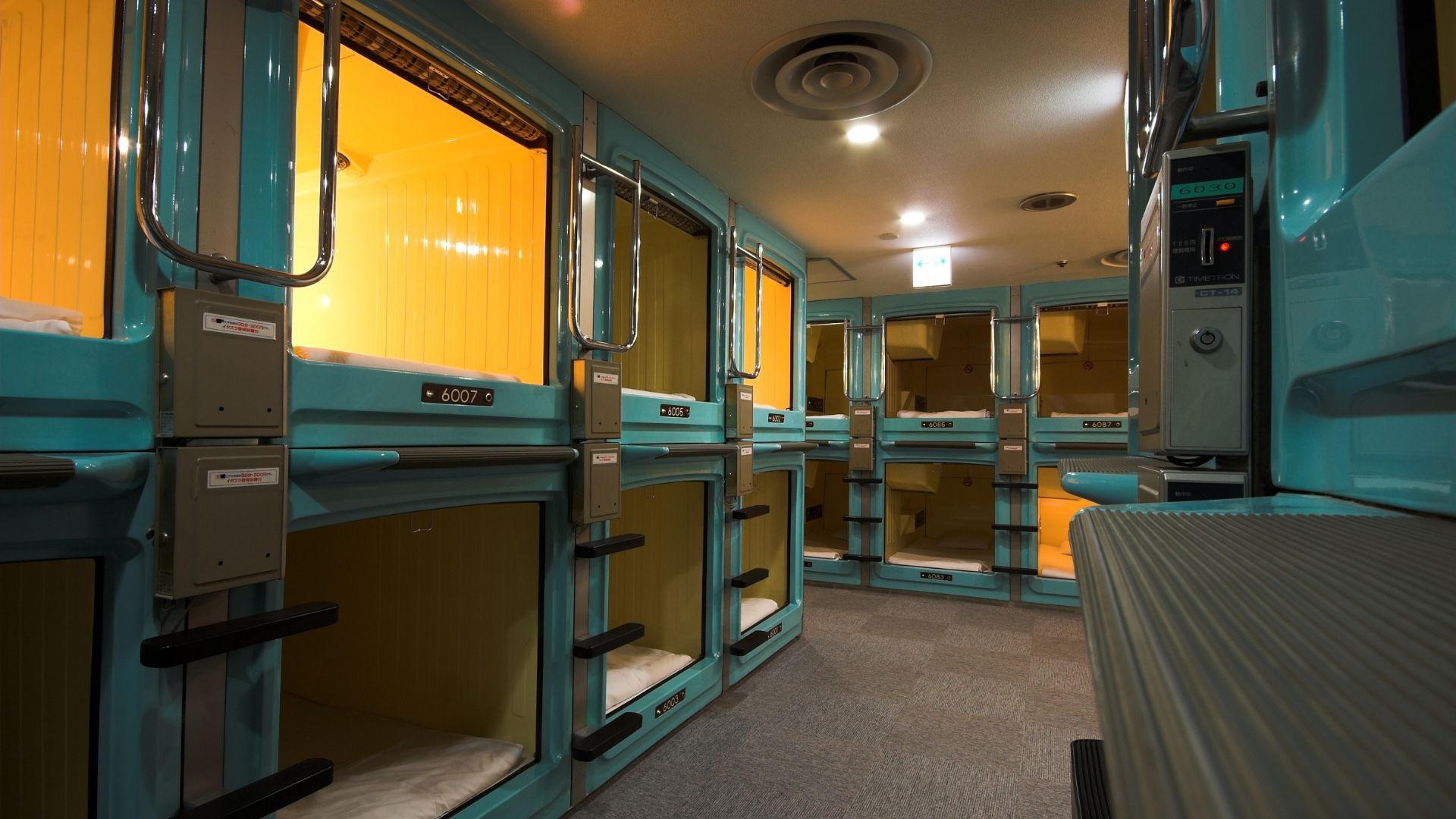
Capsule hotels: Unlike the familiar private and spacious rooms, capsule hotels provide compact sleeping pods, cost-effective and convenient for solo travellers. Most sleeping pods have comfortable bedding, blankets, power outlets, a reading light, air conditioning, a curtain, and sometimes, a small TV. Of all the types of hotels in Japan, capsule hotels are the most interesting of the lot. Preferred mostly by solo or business travellers, these hotels have a lounge area where you can socialise and connect with other tourists.
Business hotels: Practical, affordable, and convenient, the rooms of such stays are minimally furnished. Smaller than regular hotels, these are typically located near train stations and commercial districts for ease of travel within the city.
Hostels & guest houses: These are cost-effective and convenient options for travellers. Hostels offer dormitory-style rooms, communal lounge areas, shared bathroom facilities, and the chance to socialise with people from different ethnicities. Guest houses provide a more personalised experience. Managed by local families, they offer travellers a peep into Japanese homes, culture and traditions.
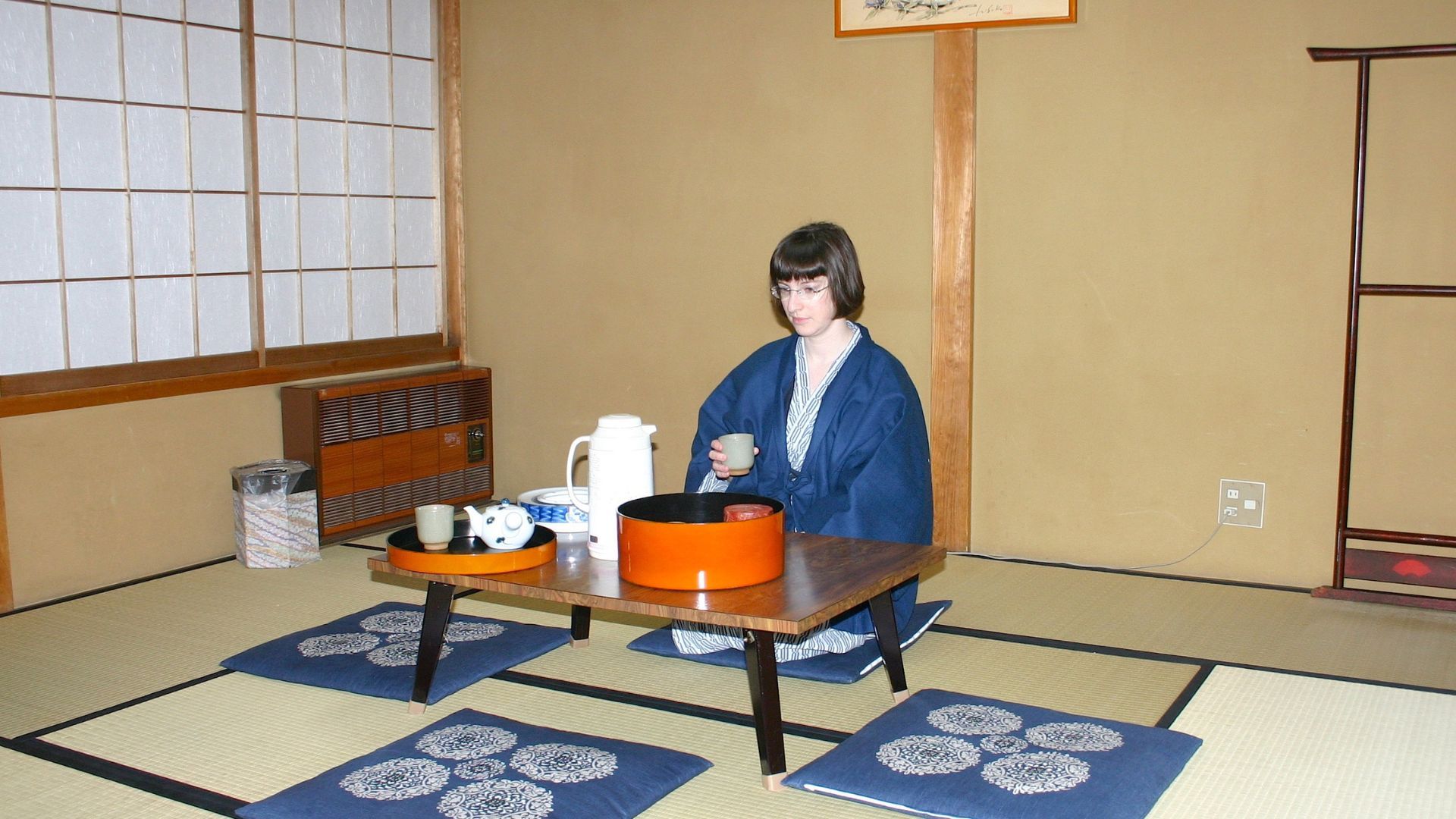
Minshuku: Promising an authentic Japanese experience, Minshukus are family-run businesses that take pride in providing warm hospitality services. You can enjoy homemade Japanese meals and participate in cultural activities. Minshukus are also more affordable and homely than a ryokan or a regular hotel.
Serviced apartments: Want the comfort of an apartment and hotel-like amenities in the same place? More affordable than regular hotels, they make for perfect long-term stays.
Resorts: Usually surrounded by nature, resorts offer a variety of recreational activities like hot springs, karaoke booths, golf, mini video game arcades, board games, and cultural experiences.
Boutique hotels: These are stylish, cleverly designed hotels that focus on aesthetic interiors, sleek furnishings, zen themes, and tailored services.
Best hotels in Japan
Jump To / Table of Contents
- Amanemu Resort (luxury hotel)
- Six Senses Kyoto (luxury hotel)
- Aman Tokyo (luxury hotel)
- Hotel Monterey Okinawa Spa & Resort (luxury hotel)
- Yachiyo in Kyoto (ryokan)
- Yama No Chaya in Hakone (ryokan)
- Mizuno in Kawaguchiko (ryokan)
- Manposo (minshuku)
- Resol Poshtel Tokyo Asakusa (capsule hotel)
- Ninja & Geisha in Osaka (capsule hotel)
- 9h nine hours Capsule Hotel (capsule hotel)
- Dormy Inn PREMIUM Fukui Natural Hot Springs in Fukuii (luxury hotel)
- River Retreat Garaku in Toyama (ryokan)
- Yumotoya Onsen Ryokan In Niigata (ryokan)
- Suzu Onsen Takarayu Bekkan in Ishikawa (minshuku)
Amanemu Resort (luxury hotel)
An onsen resort called Amanemu rests peacefully in the forest hills of Ise Shima. Surrounded by nature, the hotel offers a view over Ago Bay. The overall aesthetic is ryokan-inspired, providing guests a safe space to rest and rejuvenate.
Additional Information
This urban hotel offers its guests a sanctuary to connect with ‘self’ and bond with nature. Located in the cultural heart of Japan in Kyoto, the hotel’s design symbolises a fusion of tradition and modernity. Guests can admire the city’s panoramic view of temples, courtyards, a Toyokuni shrine, tea shops, and charming wooden Japanese houses from their hotel rooms.
Additional Information
Aman Tokyo (luxury hotel)
Those looking to explore the luxurious side of Tokyo should stay at Aman Tokyo. Sitting tall and proud on the top floor of Otemachi Tower, this luxe hotel offers guests impeccable service and a bird’s-eye-view of the city. The interiors blend traditional and contemporary aesthetics, making it easy on the eyes.
Additional Information
One of the perks of choosing this hotel over the others in Okinawa is that you get to wake up to gorgeous Tiger Beach views! In addition, the hotel’s architecture and theme are a fusion of European and Okinawan influences. Apart from relaxing by the beach, guests can enjoy other facilities such as saunas, hot spring baths, an indoor pool, a spa, a craft studio, and shopping at the in-house souvenir store.
Additional Information
This ryokan boasts seven suite rooms and nine standard rooms, each offering tatami flooring, futon bedding, low furniture, and flat-screen TV sets. Popular for its kaiseki (traditional multi-course Japanese dinner), guests can enjoy authentic, fresh, and delicious Japanese food here. This ryokan also offers guests a complimentary bicycle renting service to explore the neighbouring gardens, shrines, and lanes.
Additional Information
Yama No Chaya in Hakone (ryokan)
Hakone is known for its onsen resorts, and this one is famous for a good reason. This wooden ryokan has private hot spring water pumped up from 300 metres underground and poured into all four hot springs. The water is warm, clear and rich in minerals that naturally soften and brighten the skin. Some rooms also have private outdoor baths. To add to the allure, their restaurant has won Michelin stars for its Kaiseki cuisine.
Additional Information
There are different types of hotels in Japan that promise glorious views of the majestic Mount Fuji. However, Hotel Mizuno in Kawaguchiko offers one of the best views of the sacred mountain. On a clear, sunny day, Mount Fuji is visible from the hotel rooms, terrace deck, and onsen area.
Additional Information
Manposo (minshuku)
Those making a trip to Shikanoshima should consider staying at Manposo. Surrounded by sea and mountains, this minshuku is the perfect little place for a BBQ and to celebrate special occasions. An oasis of tranquillity, all four guest rooms offer panoramic views of the blue sea. Come here to connect with nature and create lasting memories with loved ones.
Additional Information
While most capsule hotels are compact and minimalistic in design, this one is the total opposite. The pods are spacious, artsy, and equipped with the latest amenities. The lounge area looks like a tatami tea room where guests can relax, socialise and enjoy a warm cup of green tea.
Additional Information
This capsule hotel is a fusion of modern and traditional Japanese decor and aesthetics. The dim lighting, wooden furnishing, and indoor Japanese dry garden create a warm and welcoming atmosphere for guests. You can’t miss out on this capsule hotel in Japan.
Additional Information
This chain hotel operates from Tokyo, Osaka, Miyagi, Fukuoka, and Aichi. It gets its name from the three basic actions of 1 hour to wash off sweat, 7 hours of sleep, and 1 hour to get ready. Guests would be delighted to learn that every hotel from this brand differs in design, theme, and space.
Additional Information
With a laid-back atmosphere, guests can enjoy a relaxing stay at this Fukuii hotel. Equipped with an on-site restaurant, sauna, spa, and outdoor baths, it’s a popular hotel choice for travellers visiting Fukuii. This hotel is ideal for young families since it offers an all-you-can-eat buffet and dinosaur-themed decorations.
Additional Information
This cosy luxury ryokan offers guests river-facing rooms with minimalistic interiors. Surrounded by nature and modern art creations, the hotel creates a peaceful and inviting space for its guests. It offers unique facilities such as a heated stone room, outdoor/private onsen, library, and indoor shopping area. The best part about staying at this ryokan is that all the rooms have different interiors featuring both Western and Japanese aesthetics.
Additional Information
Since this luxurious ryokan is in a geothermal area, guests can treat themselves to a relaxing onsen experience. Surrounded by lush greenery and mountain views, they also have the option to rent cycles and explore the property and garden area. In terms of food, you can expect to feast on the freshest Japanese traditional dishes here.
Additional Information
Those looking to make a short trip to Ishikawa should consider spending the night at Suzu Onsen Takarayu Bekkan. This minshuku has Japanese-style rooms with futons placed on tatami flooring. There are two types of baths: an indoor hot spring and an old public bath area. Stay here for an authentic Japanese home experience.
Additional Information
Frequently Asked Questions (FAQs)
Tokyo has more modern hotels and hostels than traditional Japanese inns (ryokans). From the handful of them, we recommend Yuen Shinjuku in Shinjuku, Yuen Bettei Daita in Setagaya, Ryokan Seiko Honkan in Suginami, Homeikan in Bunkyo, and Hoshinoya in Otemachi.
Minshuku hotels are often family-operated businesses that provide guests with a more personal and authentic cultural experience in Japan. You won't find them easily in Tokyo, but in Japan's countryside and onsen towns. Places that offer more or less similar experiences in Tokyo are guest houses and service apartments.
Known as 'Kokyu Hoteru' in Japanese, which translates to 'high-class hotel' in English,these hotels offer luxury accommodations with amenities and impeccable services.
With the interiors of a ryokan, a machiya is a traditional wooden townhouse/bungalow. It's possible to find them listed on Airbnb. Like a regular house, you can access basic amenities like a fridge, TV, WiFi, air-conditioner, microwave, washing machine and more.
You must spend a night or two at a themed hotel in Japan. Add Henn na Hotel in Chiba, Book and Bed in Shinjuku, Thalassa Shima Hotel & Resort in Mie Prefecture, Hello Kitty Room at Keio Plaza Hotel Hachioji, Pokemon Room in Mimaru Hotel, Nine Hours in Hamamatsucho, Disney Resort in Tokyo, Legoland Hotel in Nagoya and more to your Japan itinerary.
For those who enjoy the fine things in life, luxury hotels like Aman Tokyo in Otemachi, Hotel The Mitsui Kyoto in Kyoto, Conrad Osaka in Osaka, The Ritz Carlton in Fukuoka, Hotel Monterey in Okinawa, and Hoshino Resorts Risonare Tomamu in Hokkaido will not disappoint.
The newest hotels that opened in 2024 are Janu Tokyo in Tokyo, Hyatt House Tokyo in Tokyo, Ryoten no Yu Onyado Nono Asakusa Bettei in Tokyo, Royal Park Hotel Iconic Nagoya in Nagoya, Travelodge Kyoto Shijo Kawaramachi in Kyoto, DoubleTree by Hilton Osaka Castle in Osaka.

